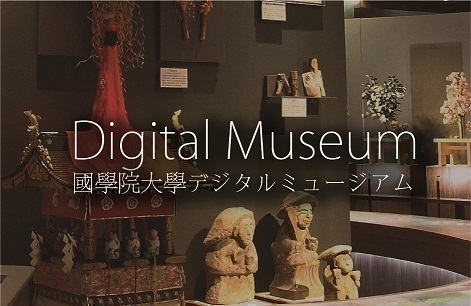- トップ
- Encyclopedia of Shinto
- Kamo no Norikiyo
Encyclopedia of Shinto
| Main Menu: | |
| Links: |
詳細表示 (Complete Article)
| カテゴリー1: | 8. Schools, Groups, and Personalities |
|---|---|
| カテゴリー2: | Personalities |
| Title | Kamo no Norikiyo |
| Text | (1798-1861) Shintoist and proponent of Uden Shintō in Edo in the late Edo period. Also known as Umetsuji Norikiyo. Born in 1798 to the Umetsuji family of priests at the shrine Kamo Wake Ikazuchi Jinja in Kyoto. At fifteen years of age he followed his father into the Shinto priesthood and was conferred the Junior Lower Fifth court rank. He was later promoted to the Junior Upper Fifth court rank and assigned the office of Hida no Kami (Lord of Hida, an administrative post in charge of an area in present day Gifu Prefecture; during the Edo period this post held no real power and was ceremonial in nature). When thirty years old, Kamo passed his shrine duties to his relations, and commenced wandering through the provinces. He had extensive expertise in areas such as literature and calendrical calculation, and had a wealth of personal experience as well, so in various places he was invited to give lectures on those subjects. On business for the Nijō (Fujiwara) clan, Kamo went to Edo in 1831, where began promoting what he called Uden Shintō. Ōzeki Masunari (former lord of Kurobane Domain, in present-day Tochigi Prefecture) became a disciple in 1840, whereupon the school gained material support and was able to publish the Tokoyo naga naki tori, a document outlining the guiding principles of the movement. By 1846, Kamo had established a private academy called the "Zuiuen" (Auspicious Crow Garden) in the Ikenohata district of Edo. He allowed people to freely attend his presentations, and edified the populace through the use of Shinto lecture meetings (Shintō kōshaku) and the publication of various tracts. Due to these activities, however, the school was deemed to be "a plot to criticize the government" at the end of 1847, and Norikiyo was exiled to the distant island of Hachijōjima in the Izu archipelago. On the way to his place of exile, he met Inoue Masakane (1790-1849), who had been banished to the Izu island of Miyakejima, and initiated correspondence with him. Norikiyo wrote many works and carried out educational activities during his exile. He received a pardon from the central government in 1861, but before he could return to the mainland he died on the twenty-first day of the seventh month of that year, at the age of sixty-four. - Ogiwara Minoru |




